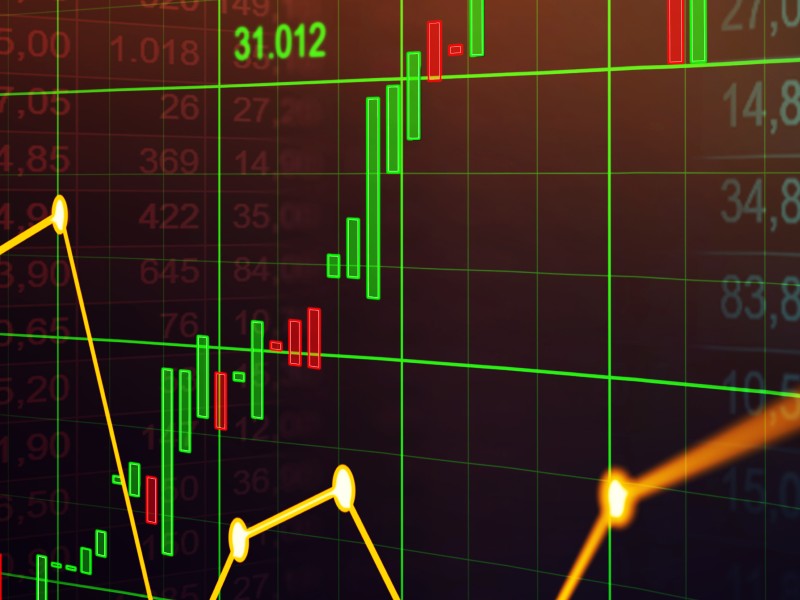
In the first half of 2019, the Caisse de dépôt et placement du Québec has earned an average return on depositors’ funds of 6.1 per cent, generating more than $18 billion in net investment results.
“From a market perspective, we are living in roller coaster times,” said Michael Sabia, the fund’s president and chief investment officer, in a press release. “In the last six months of 2018, markets performed poorly on the expectation of continued monetary tightening from the U.S. Federal Reserve. In December 2018, the Fed changed its course in favour of more accommodating policies. In reaction, markets embarked on an impressive rally at the beginning of the year. This reflects the growing codependency between the U.S. central bank and capital markets, where each focuses on the other and the real economic conditions and profound structural changes occurring in the global economy are sometimes lost from sight.”
Over the six-month period, the 6.1 per cent return lagged behind a 7.5 per cent return for the plan’s benchmark portfolio. This lower performance was largely tied to real assets, as the infrastructure and real estate portfolios didn’t keep pace with their benchmark indexes.
“By definition, these are long-term assets whose performance cannot be measured over a six-month period,” the release said. “The infrastructure portfolio performed as expected over the period, but it compared to a benchmark index comprised of over 200 stocks that benefit from booming public markets. In real estate, the six-month return reflects downside pressure on traditional sectors to the benefit of new market segments such as industrial and logistics real estate and mixed-use buildings.”
On the other hand, the Caisse’s fixed income portfolio generated a seven per cent return, which was supported by a decrease in interest rates, narrowing credit spreads and strong performance of credit in growth markets. The plan’s equity portfolio also performed well, returning 9.7 per cent, as was expected.
“In this environment, we continue to focus on resilience,” said Sabia. “It served us well when markets were crumbling last year, and it continues to produce results aligned with our depositors’ needs in the first half of 2019.”
